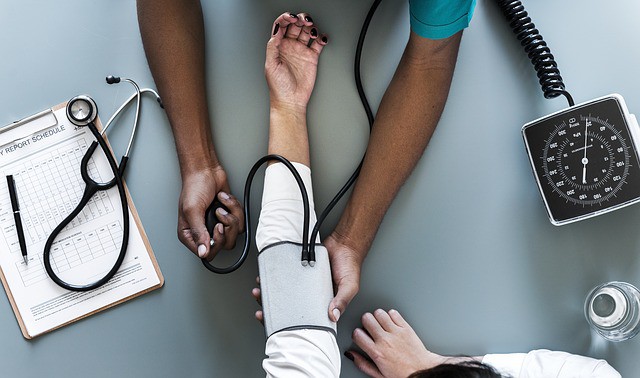Major Changes Planned For Services Covered by OHIP
Published August 23, 2019 at 1:22 am

Some significant changes are coming to OHIP in the coming months.
Beginning October 1, certain OHIP-insured services will be updated as a result of a review conducted by Appropriateness Working Group (AWG).
These changes include some services not being covered by OHIP anymore.
According to the review, services no longer covered include:
Ear Wax Removal Only When Medically Necessary
- For many patients, the softening of ear wax with easy to use over the counter treatments resolves the problem over time without medical intervention.
- Ear wax removal will be covered when it is causing hearing loss and simple over-the-counter treatment is unsuccessful, or if the immediate removal of wax is needed to diagnose or treat other ear conditions.
- Patients who ask their doctor to remove ear wax when it’s not medically necessary may be required to pay.
Larynx Examinations During Stomach Examinations Only When Medically Necessary
- When there is no suspicion or evidence of a problem with the patient’s larynx, completing an additional examination of the larynx as part of the analysis of the stomach is not medically necessary or helpful to the patient.
- This will prevent unnecessary laryngoscopy services (an examination of the vocal cords) being performed at the same time as an examination of the stomach.
Urine Pregnancy Tests When Medically Necessary
- Blood pregnancy tests remain insured for all patients as they provide more information.
- When urine pregnancy tests are done, blood tests are also frequently required, creating unnecessary duplication.
- Dipstick urine pregnancy tests performed in a physician’s office, which provides far less information, will be insured when there is an immediate need to determine pregnancy to prevent imminent harm to the patient.
Fund Physician Premiums for House Calls Only for Frail Elderly and Housebound Patients
- Premiums to support house calls will be paid only in circumstances where patients must be seen at home, including frail elderly, housebound and palliative patients.
- Patients that are not frail elderly or housebound can be seen in their doctor’s office.
AWG recommended updates have been accepted by Christine Elliott, the Deputy Premier and Minister of Health. These recommendations were also approved by the Ontario Medical Association (OMA).
AWG is a physician-led group that aims to use the best available evidence to improve the quality of patient care and reduce medically unnecessary services. These include initiatives such as eliminating medically duplicative, outdated or unnecessary tests.
The hope is that the recommendations will work to ensure better use of health care resources, including shorter wait times.
“Effective testing and treatment evolve as technology and knowledge improve,” said Dr. Joshua Tepper, one of the Co-Chairs of the AWG. “In fact, this is nothing new. We have worked with the OMA on past physician services agreements, and I am pleased with the work we have done on this current agreement to ensure Ontarians have access to the most modern and effective tests and services.”
AWG also recommended several improvements to OHIP, including:
- Avoid using X-rays for sinus problems, as other scans are safer and more effective.
- Refer patients to a specialist for chronic hip and knee pain.
- Update the use of ambulatory cardiac monitoring devices such as Loop and Holter Monitors.
- More effective testing to diagnose infertility.
- Simplify referrals for specialists.
What do you think about these changes?
INsauga's Editorial Standards and Policies


